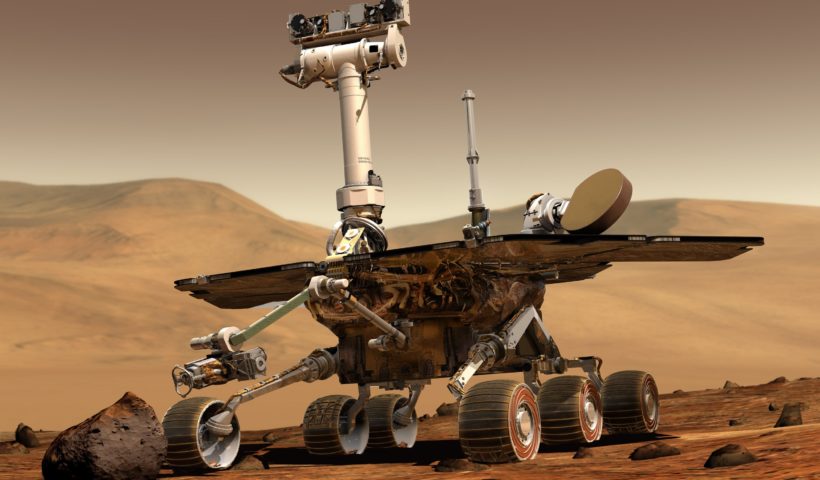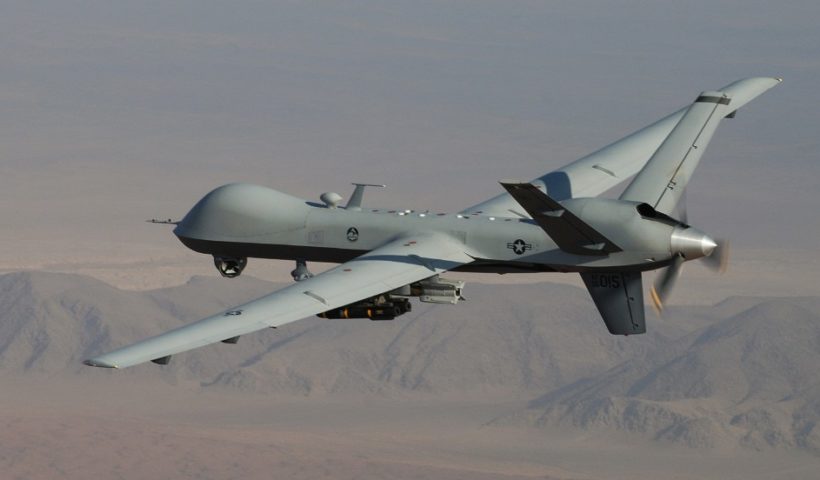Microbial and mechanical contamination of other planets is an ethical risk versus reward battle that the National Aeronautics and Space Administration (NASA) grapples with each mission. Humankind strives to explore and discover, but potentially at the expense of ecosystems apart from our own. Humanity must evaluate the consequences of planetary contamination, as we are the only known species with access to the external universe. There is an imminent responsibility to preserve and protect outer worlds and be noble in our quest in conquering the final frontier.
View More Not My Space AdministrationTag: Aerospace Engineering
Reviving the Supersonic Commercial Transport: Ethical Considerations
Upon taking his first ride in an airplane, William E. Boeing set his feet firmly back on solid ground and immediately remarked, “I think we…
View More Reviving the Supersonic Commercial Transport: Ethical ConsiderationsDrones and Surveillance: An Ethical Approach
The field of aerospace ethics has dealt with the impact of technology and actions of aircraft that fly in the skies above people and nations, recently focusing on the rise of drones. The drone’s function to gather surveillance has been a longtime focus for military applications but only recently has this ability been demanded by domestic agents such as law enforcement and the Department of Homeland Security. Yet in the case of domestic surveillance, no set of ethical guidelines has been established dictating how drones can perform surveillance and how the data collected can be used. The objective of this paper is to set a framework in which the rights of a person can be protected while also looking out for the good of the public. To establish this framework, this paper will examine drone surveillance under the rights and utilitarian ethics approaches before considering a mixed approach.
View More Drones and Surveillance: An Ethical ApproachUtilitarian Rights-based Arguments for Planetary Protection
Protecting solar system bodies from contamination by Earth life has been an active research topic since the start of the space race. The prospect of finding and possibly contaminating extraterrestrial life has caused the Committee on Space Research (COSPAR) to set technical standards for planetary protection; planetary protection is essential to preserve humanity’s ability to study other worlds in their natural states, to avoid contamination that would obscure the ability to find life elsewhere, and to ensure that Earth’s biosphere is protected from alien life. Until recently, these utilitarian considerations have been sufficient in addressing all ethical concerns while exploring outer space. However, the prospect of terraforming Mars has sparked a debate over the ethical implications of destroying possible alien organisms. This paper provides a historical background regarding the ethical considerations in human space exploration and argues that the utilitarian considerations provided by the NASA Office of Planetary Protection are sufficient for answering ethical questions regarding planetary protection within the solar system.
View More Utilitarian Rights-based Arguments for Planetary Protection



